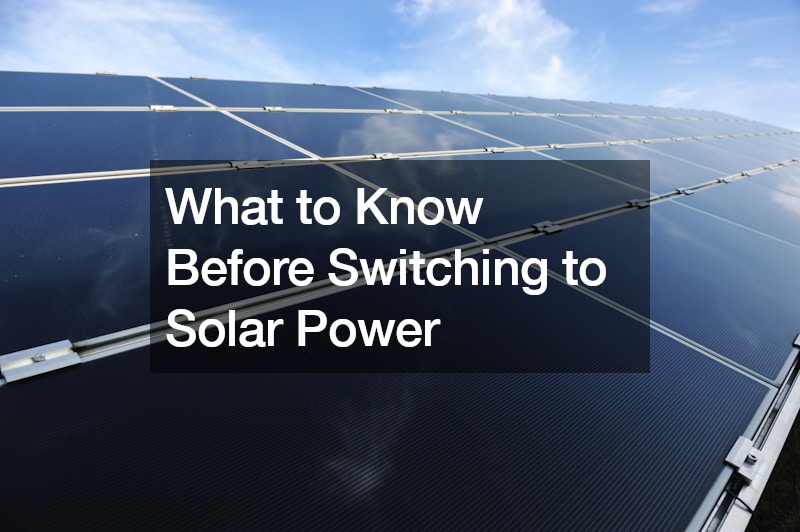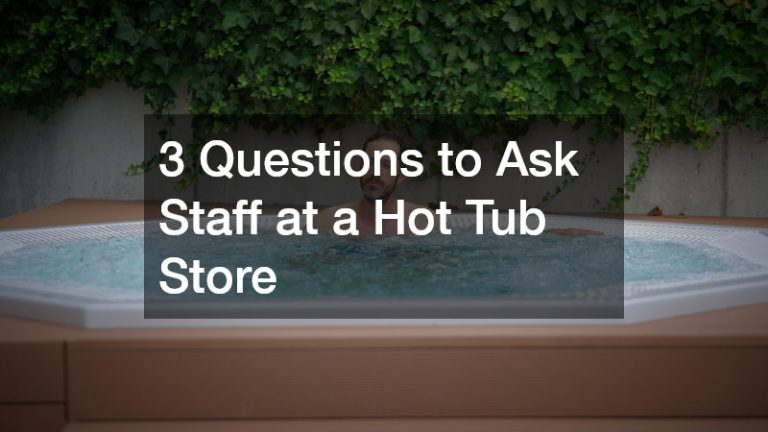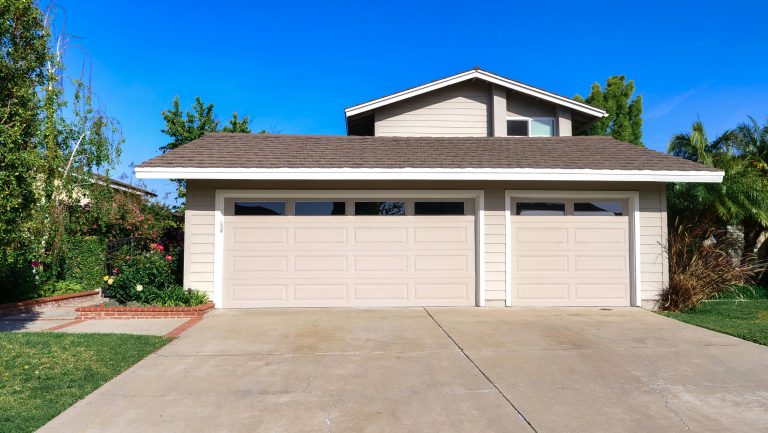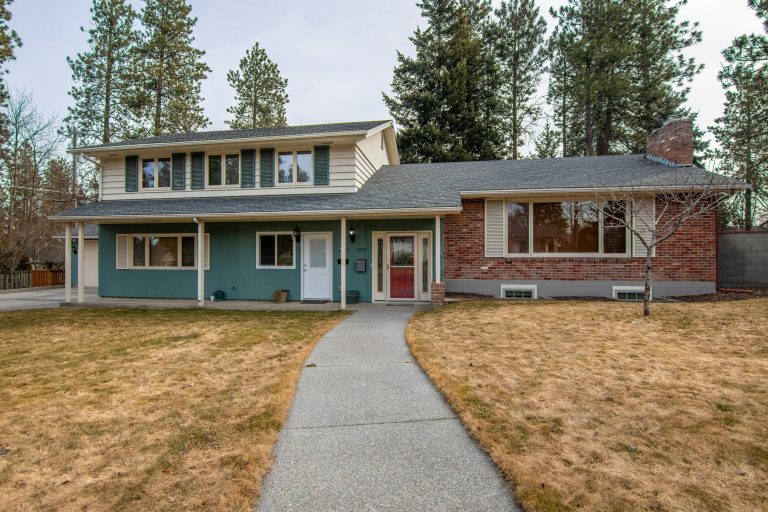

Do you live in a rural area, or does your city experience frequent power cuts? Solar power might be the answer to your problems. If you’re new to the concept, don’t worry because this article covers the basics. Additionally, the attached YouTube video delves deeper into the benefits.
You should know that there are different components to a residential power system. You have panels that collect sunlight, and an inverter changes the DC power to AC power for home appliance use. There are also special batteries to store the excess power you generate through your panels.
Before switching to this power solution, understand your energy needs. How much energy does your home consume in a day, a week, a month, and a year? Each appliance in your home has a different energy requirement. For example, the refrigerator, stove, and microwave may consume the most energy. The solar power system you install must be able to meet your home’s demands if you want it to be more energy-efficient.
Check for local regulations and whether you need a permit. Next, research providers in your area. Some brands are more reputable than others.
Most importantly, educate yourself. Understand how power converts from DC to AC and why your appliances need AC power. Understand battery storage and which batteries are safer. Then, consult a professional for advice.
.








